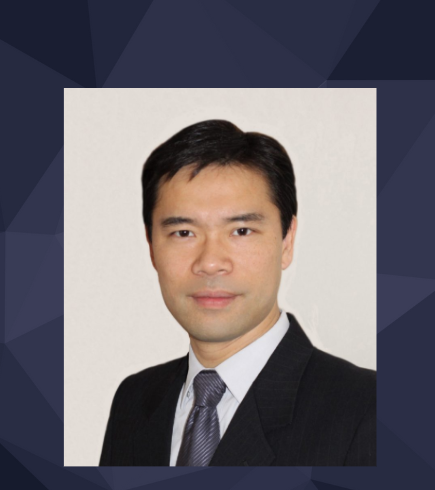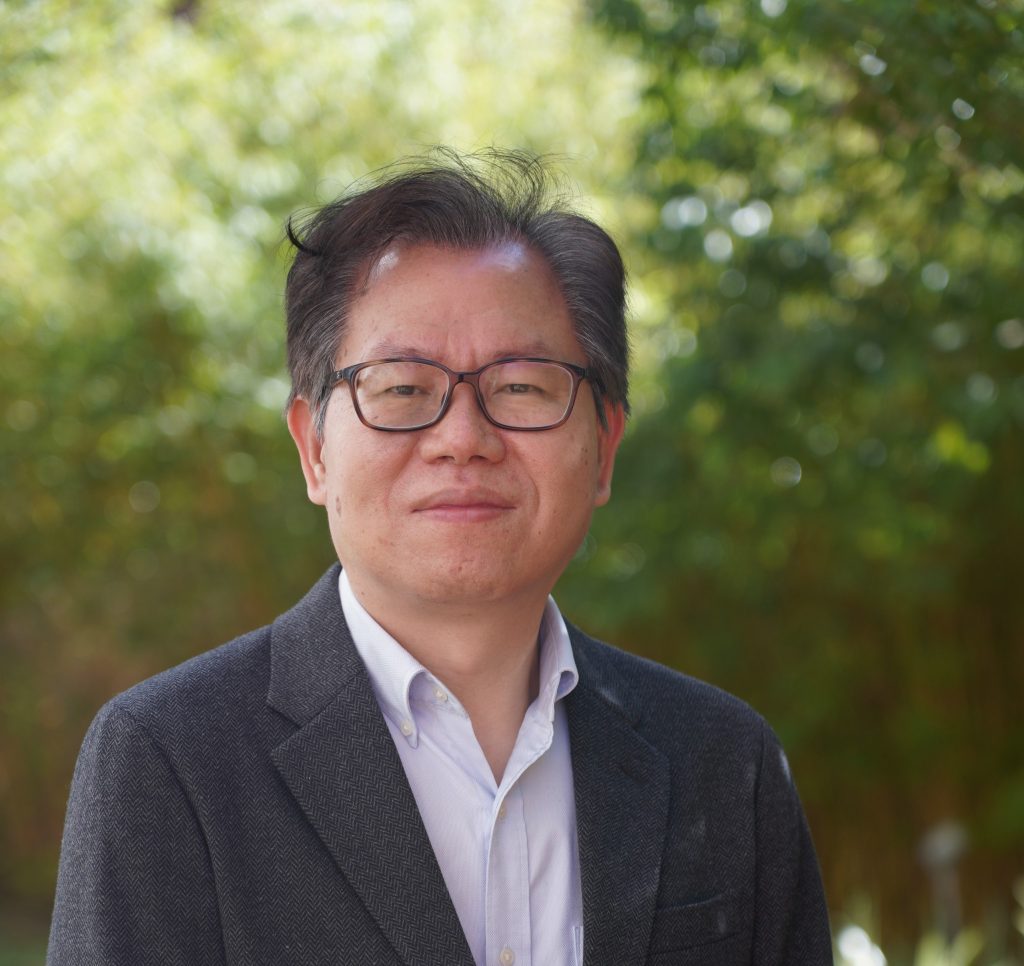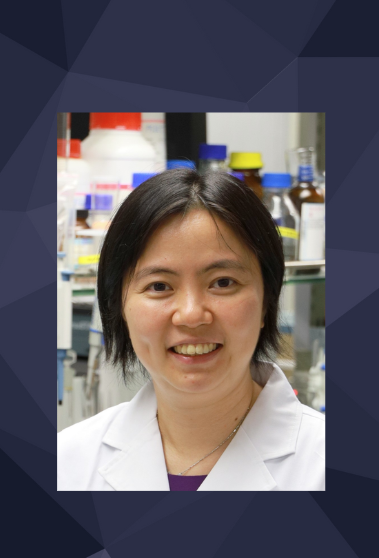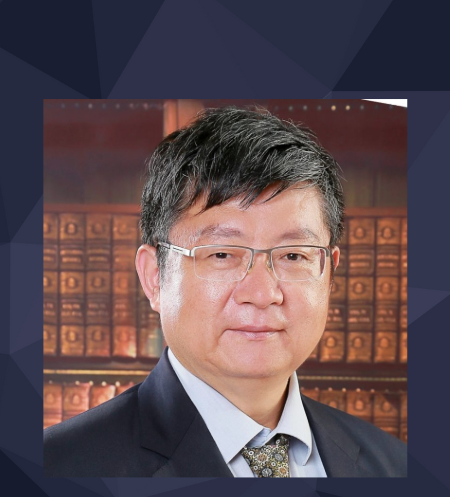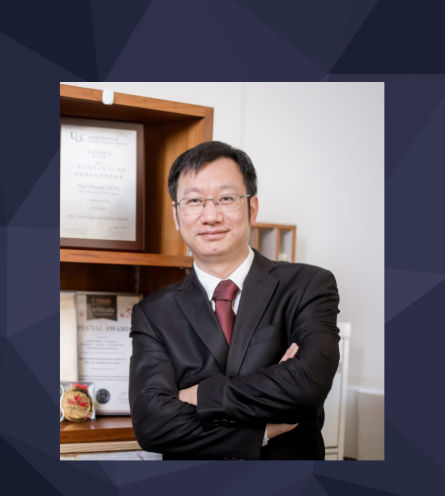TechTalk – Environmental Materials for Urban Resource Recovery
Substantial material resource recovery opportunities exist in the urban environment to support more sustainable urban development. However, the ability to produce safe and quality recoverable requires in-depth environmental materials studies and state-of-the-art fabrication and characterization technologies. For example, the quantitative X-ray diffraction (QXRD) technique has accurately monitored the transfer and behavior of targeted hazardous metals when being beneficially used for ceramic products in the construction industry. The work of recovering metallic lead from waste cathode ray tube (CRT) glass serves as an excellent example to reflect how environmental materials techniques assisted the development of transforming urban electronic waste into new metal resources. Lastly, the demonstration of recovering phosphorus from wastewater streams as quality slow-releasing fertilizer for agriculture applications leads to new solutions to tackle critical resource challenges with the fast-developing urban mining concept around the world.

